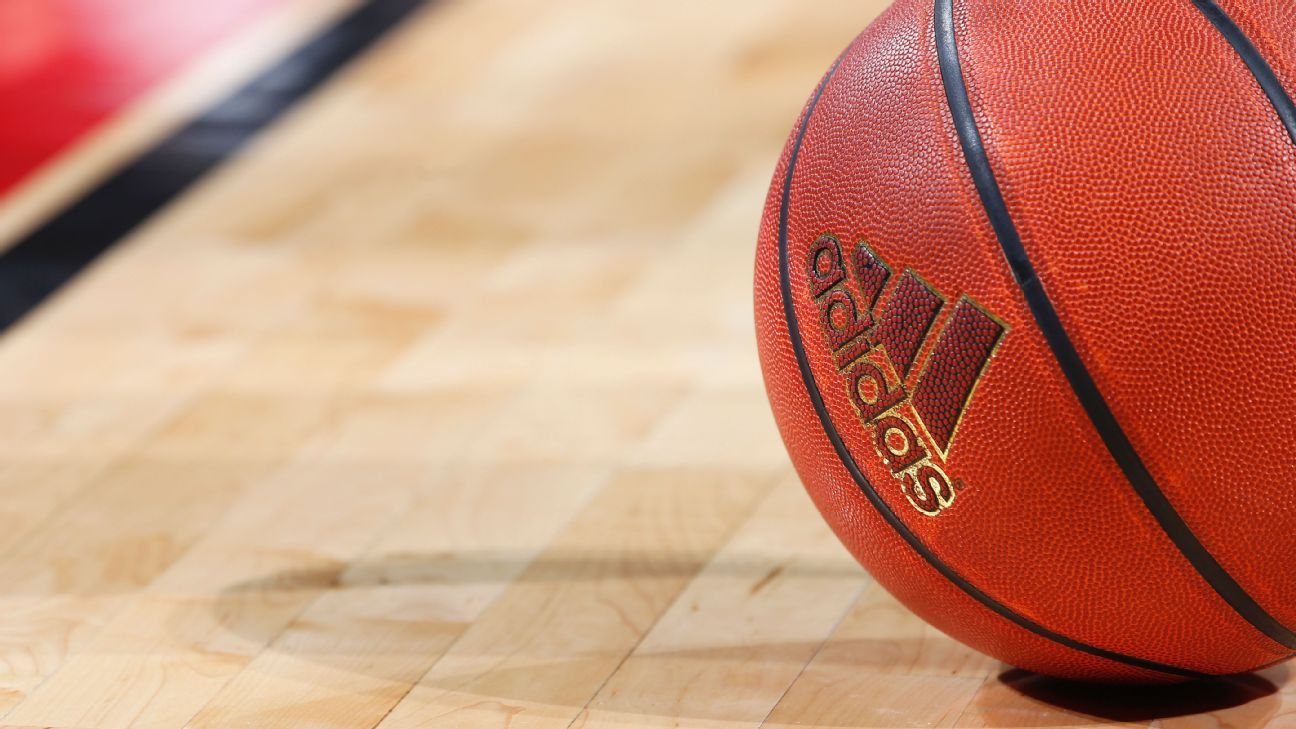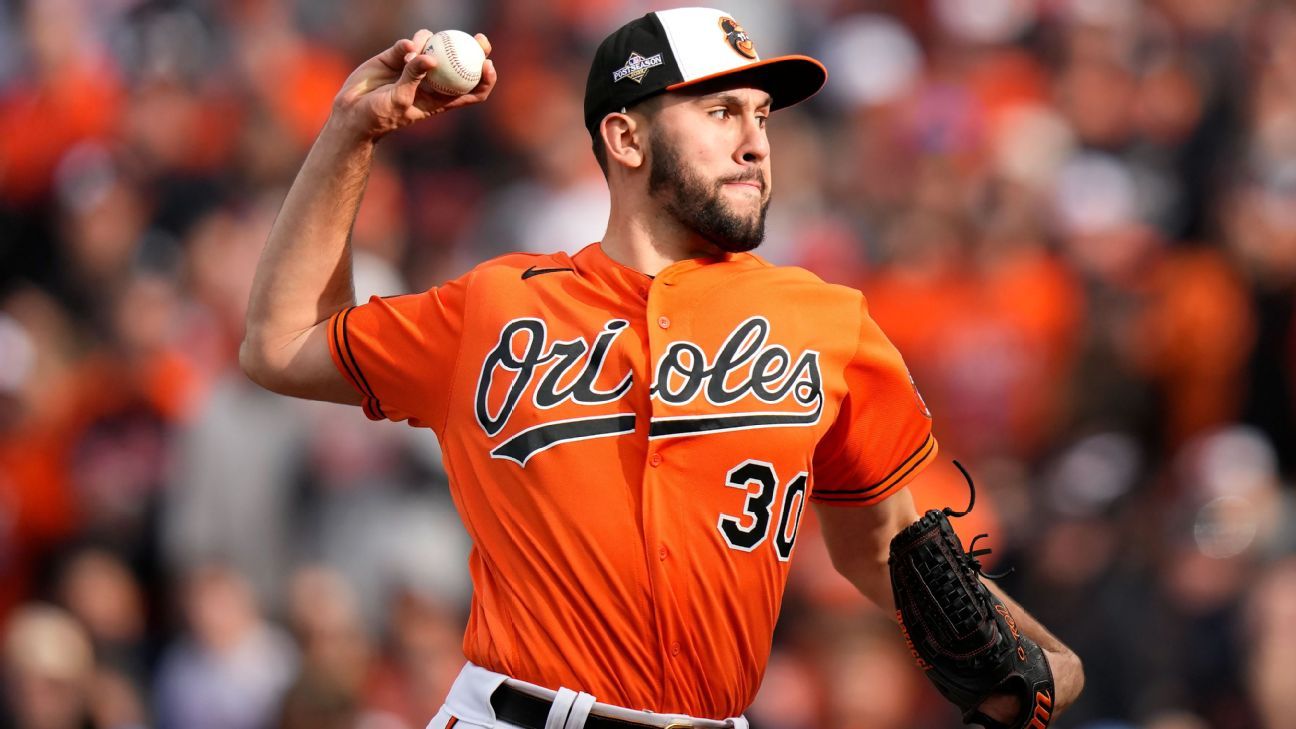
The U.S. Court of Appeals for the Second Circuit has ordered defense attorneys and federal prosecutors in the first college basketball corruption trial involving Adidas to submit briefs addressing the impact, if any, of a recent U.S. Supreme Court ruling in the "Bridgegate" scandal in New Jersey.
On May 7, the U.S. Supreme Court tossed out the federal government's convictions of two of former New Jersey Gov. Chris Christie's allies, who were accused of closing off two local access lanes to the George Washington Bridge for three days in September 2013 to punish the mayor of Fort Lee, New Jersey, for not supporting Christie's reelection bid.
In a unanimous ruling, the Supreme Court ruled that the defendants -- Bill Baroni and Bridget Anne Kelly -- didn't defraud the government of its property and thus couldn't be prosecuted for fraud under federal law.
"Baroni and Kelly used deception to reduce Fort Lee's access lanes to the George Washington Bridge -- and thereby jeopardized the safety of the town's residents," Supreme Court Justice Elena Kagan wrote in the opinion. "But not every corrupt act by state and local officials is a federal crime. Because the scheme here did not aim to obtain money or property, Baroni and Kelly could not have violated the federal-program fraud or wire fraud laws."
The Second Circuit wants federal prosecutors and defense attorneys to explain how that ruling might affect the convictions of former Adidas executive James Gatto, Adidas consultant Merl Code and aspiring business manager Christian Dawkins, who were convicted in October 2018 for their roles in pay-for-play schemes to steer high-profile recruits to Adidas-sponsored programs.
A federal jury in New York convicted the trio of felony charges of wire fraud and conspiracy to commit wire fraud after a three-week trial.
U.S. District Court Judge Lewis A. Kaplan sentenced Gatto to nine months in prison and Code and Dawkins to six months each.
The supplemental briefs are due on Friday, according to an order sent to prosecutors and defense attorneys last week.
A three-judge panel heard oral arguments from Michael Schachter, one of Gatto's attorneys, and U.S. assistant attorney Edward Diskant in March.
During the 2018 trial, defense attorneys argued their clients broke NCAA rules but didn't commit federal crimes when they steered recruits toward Kansas, Louisville and NC State.
The federal government argued that the defendants deprived federally funded universities of the ability to sign prospects who were eligible under NCAA rules.
Code and Dawkins were convicted in a separate federal criminal trial involving bribes to assistant coaches at Arizona, Oklahoma State and USC to steer their players to Dawkins' fledgling sports management company once they turned pro. They have appealed those convictions as well.















 Phone: (800) 737. 6040
Phone: (800) 737. 6040 Fax: (800) 825 5558
Fax: (800) 825 5558 Website:
Website:  Email:
Email: 






